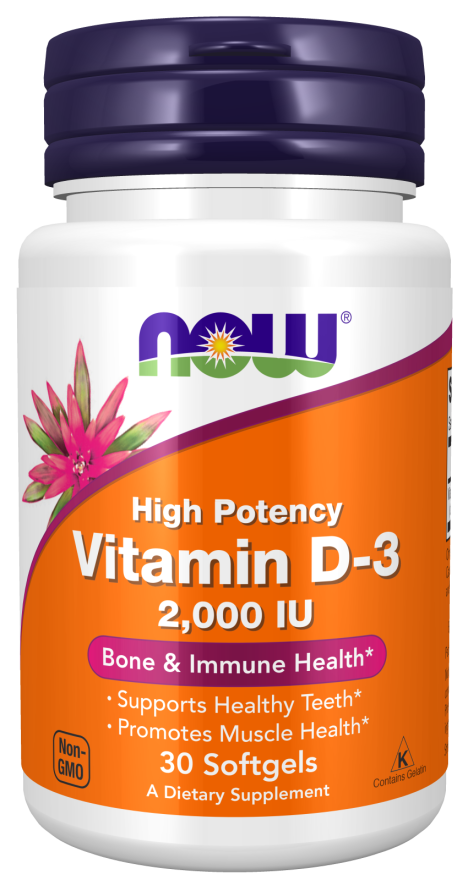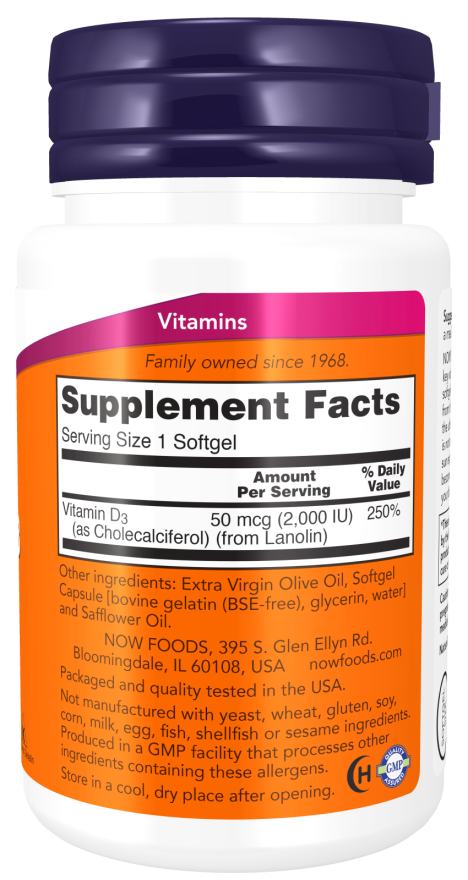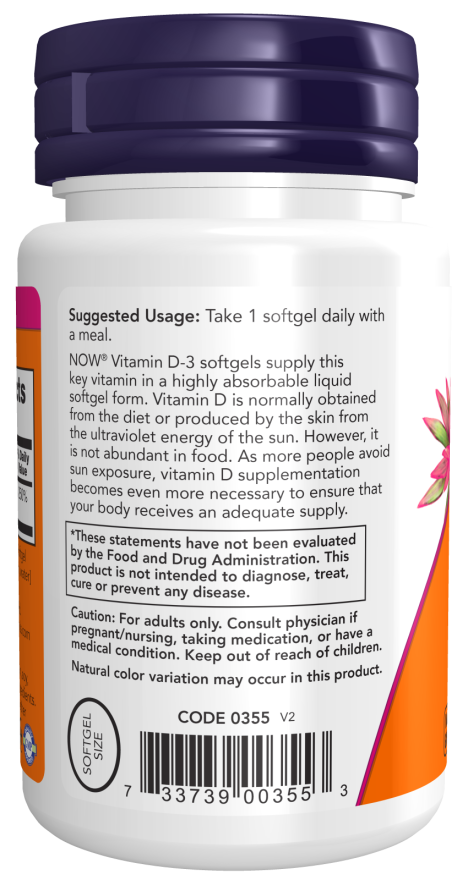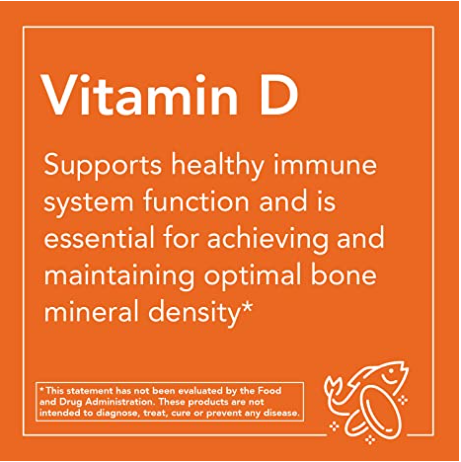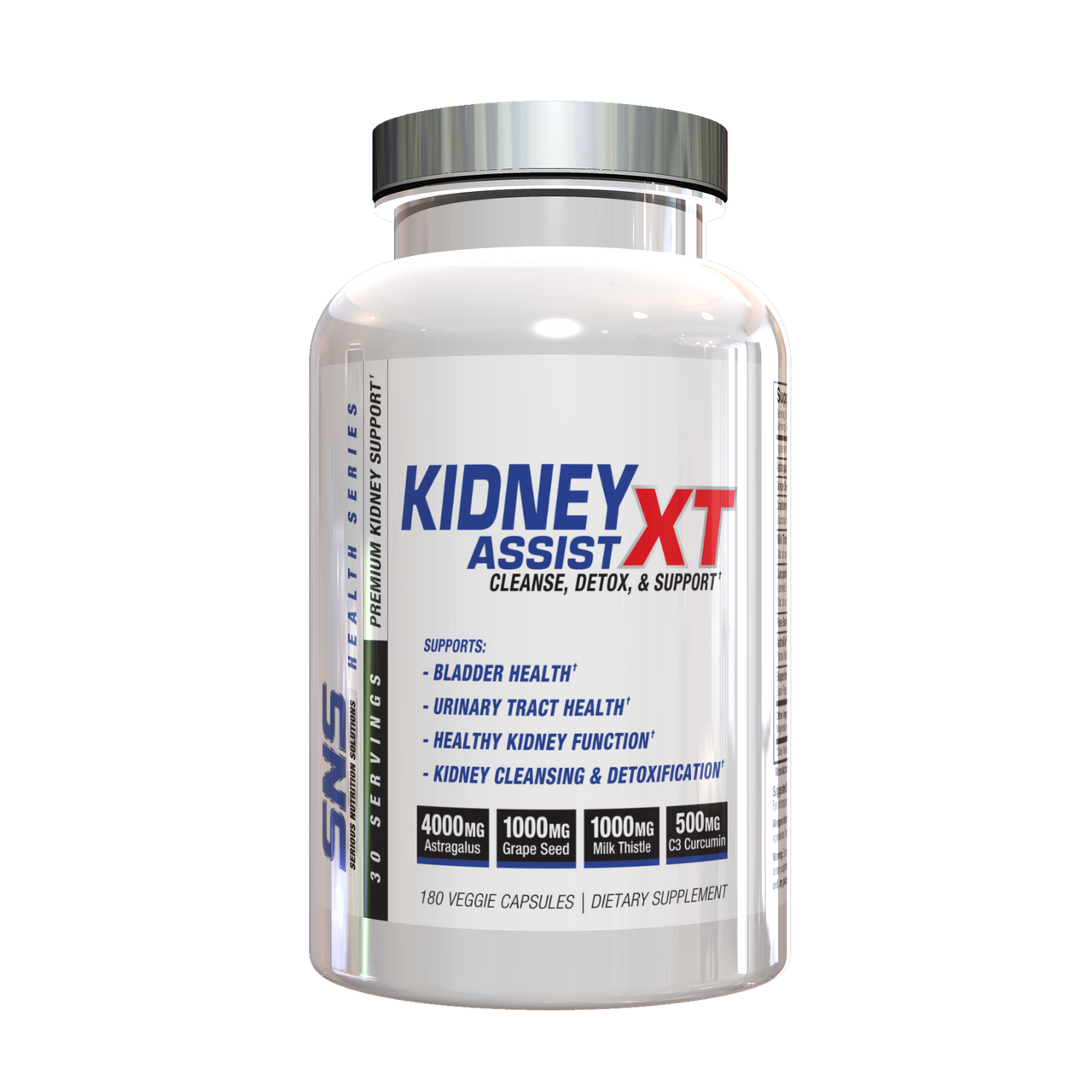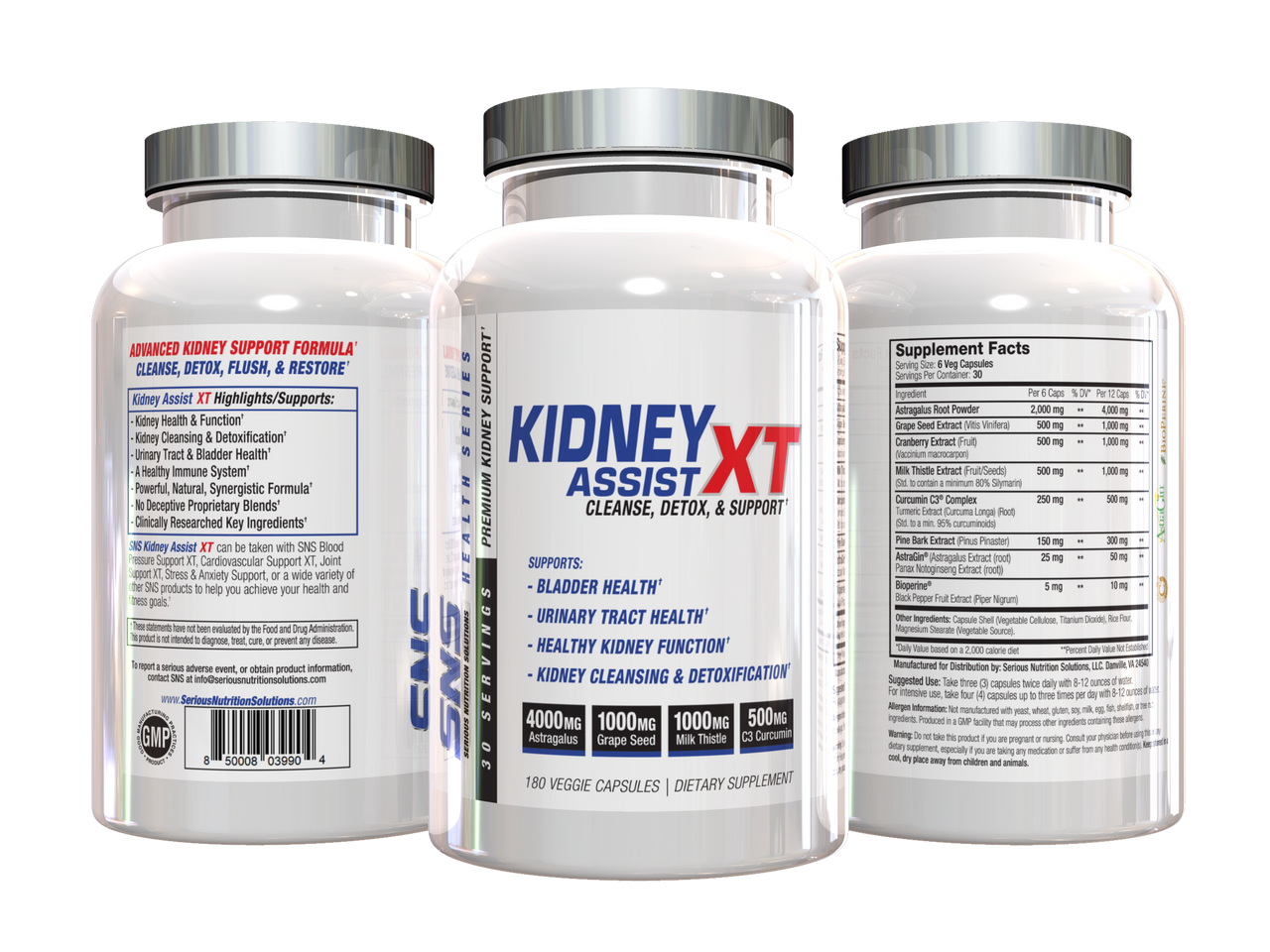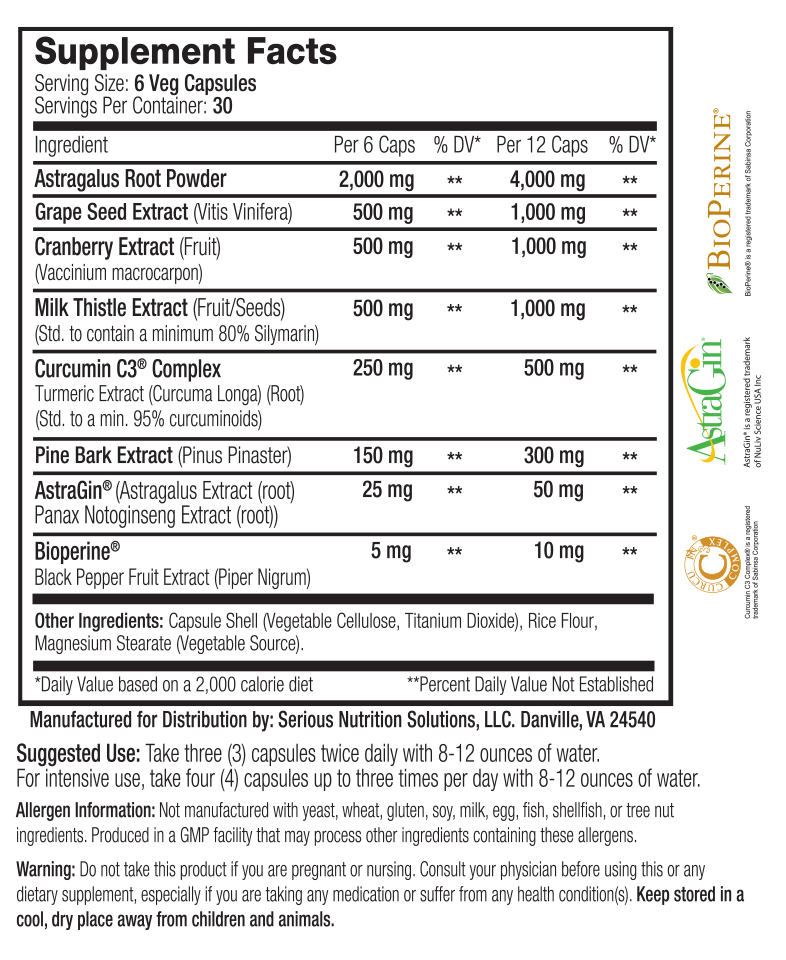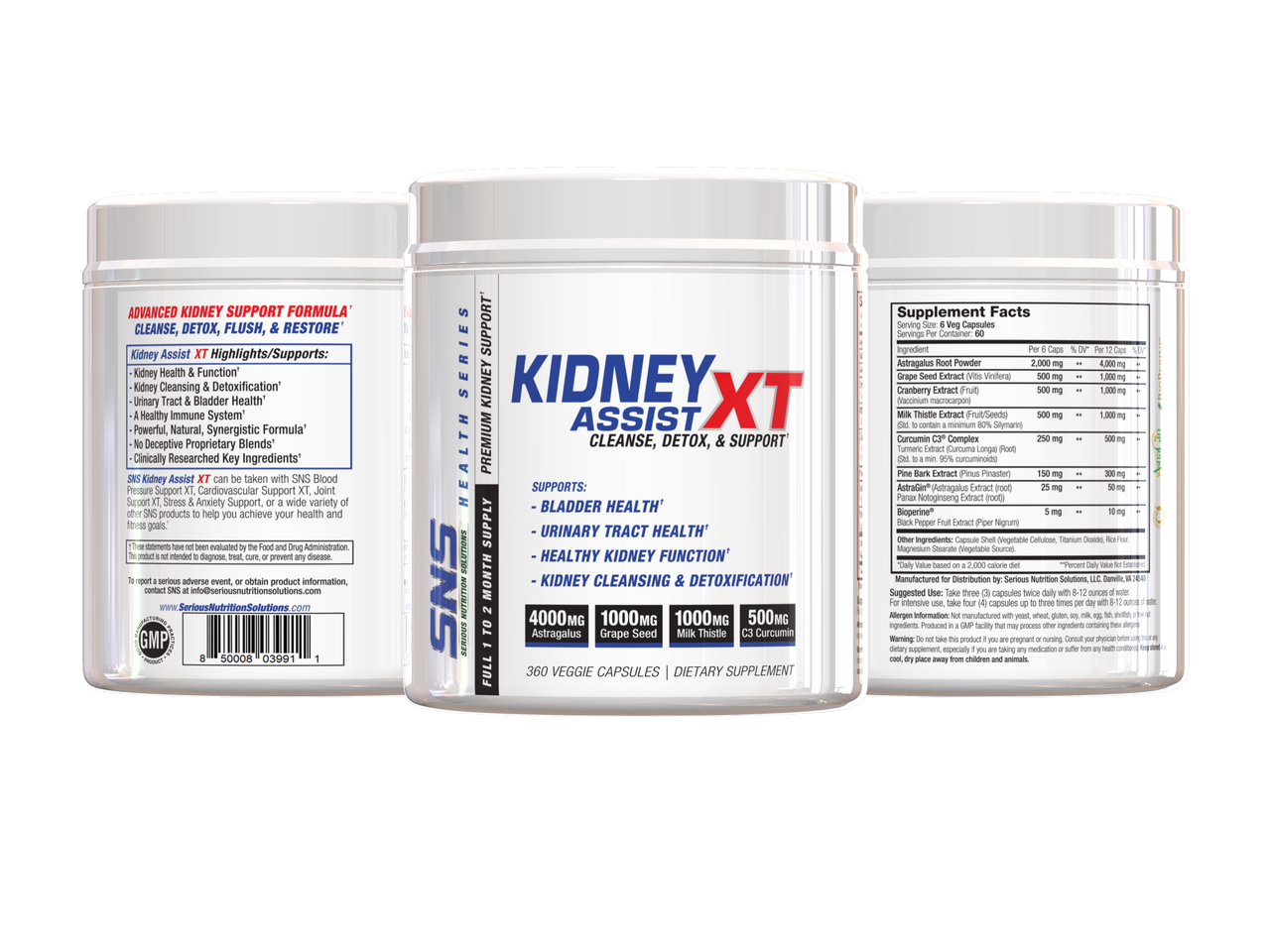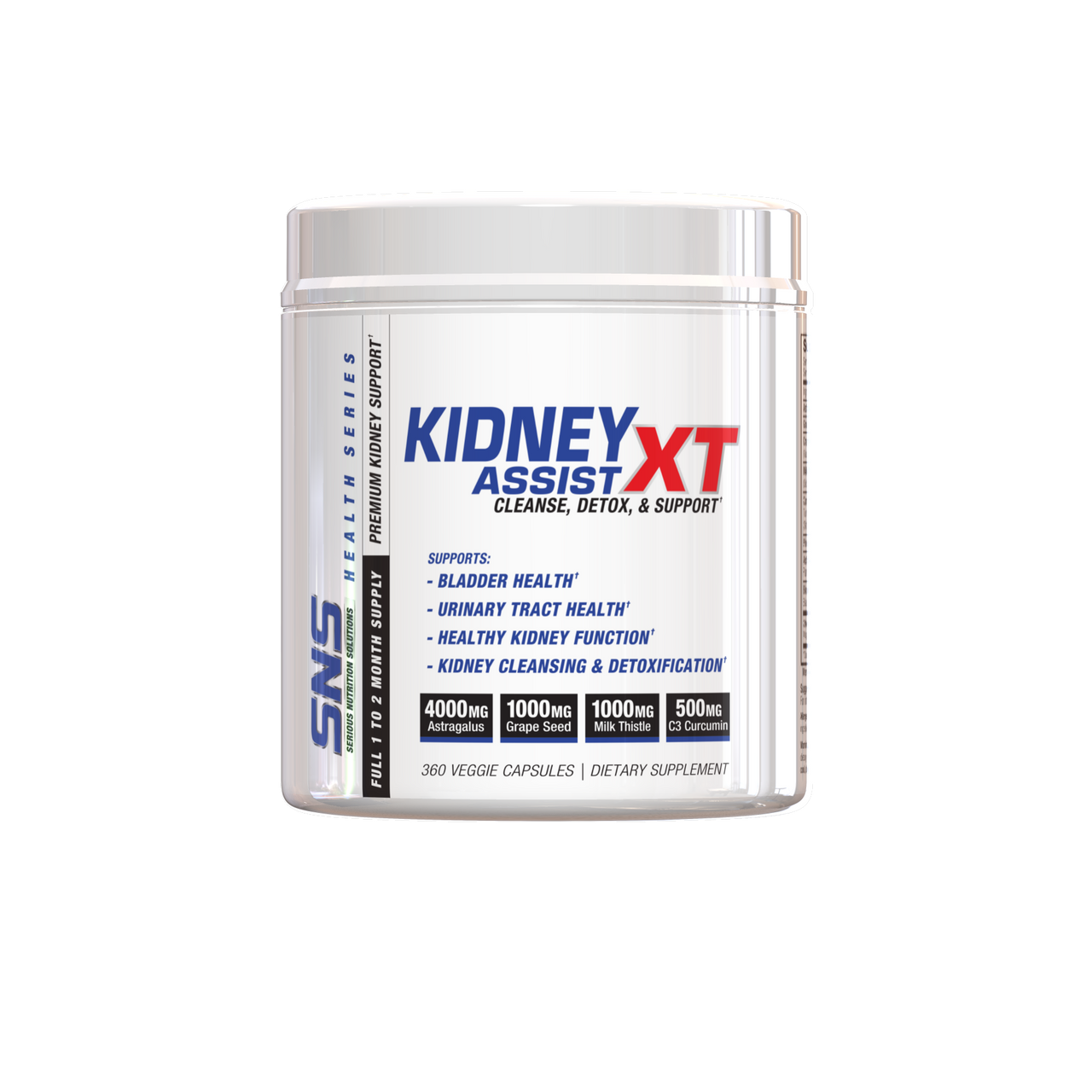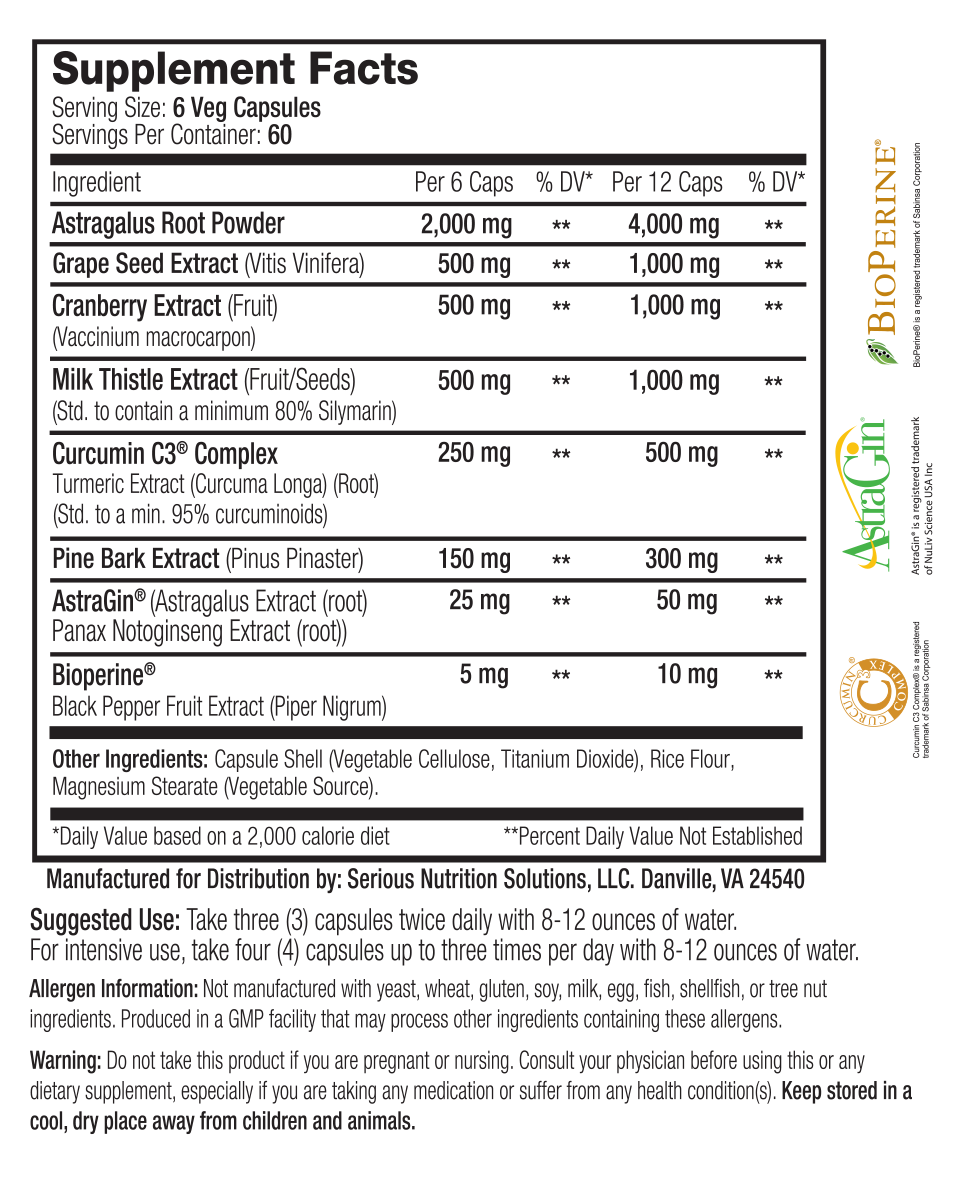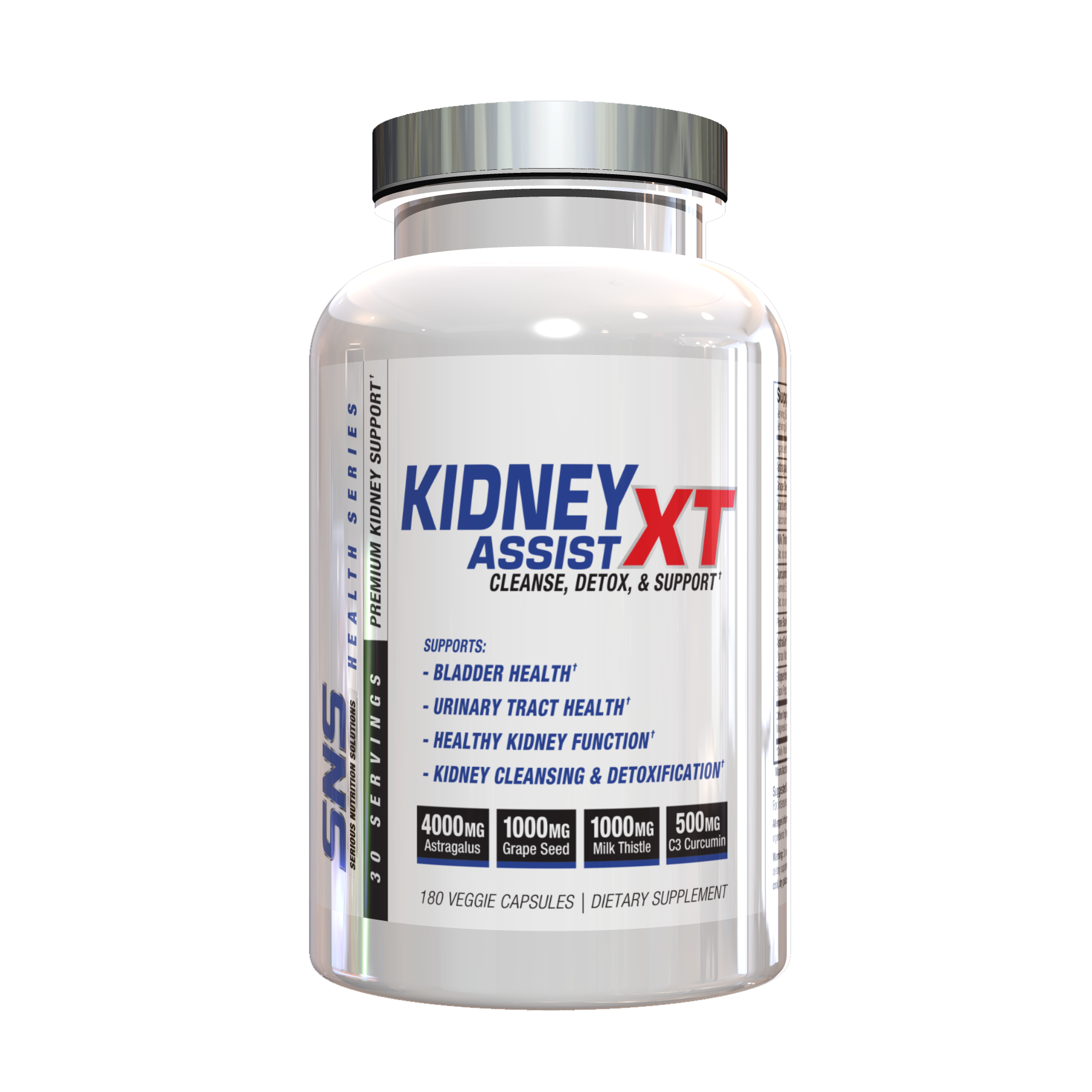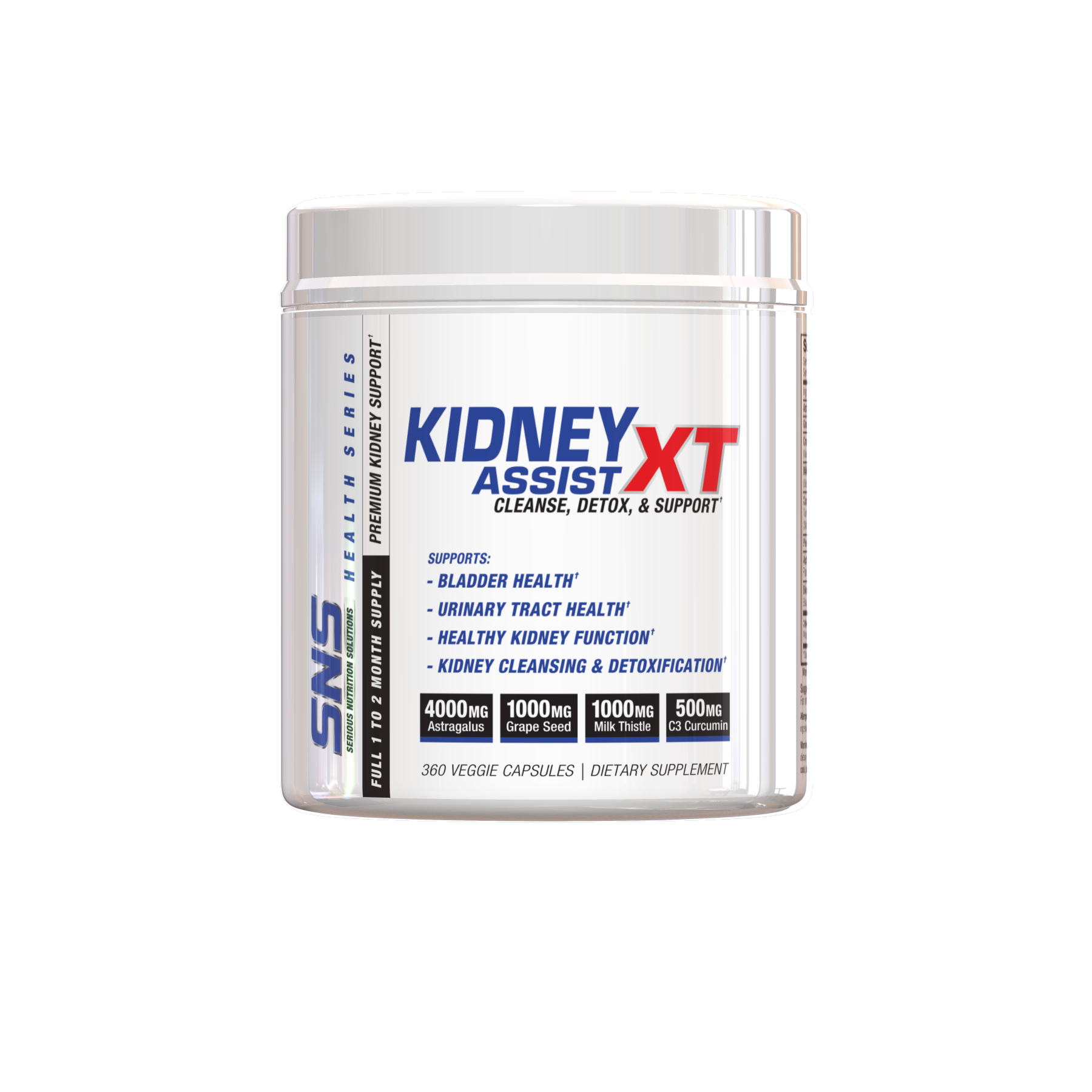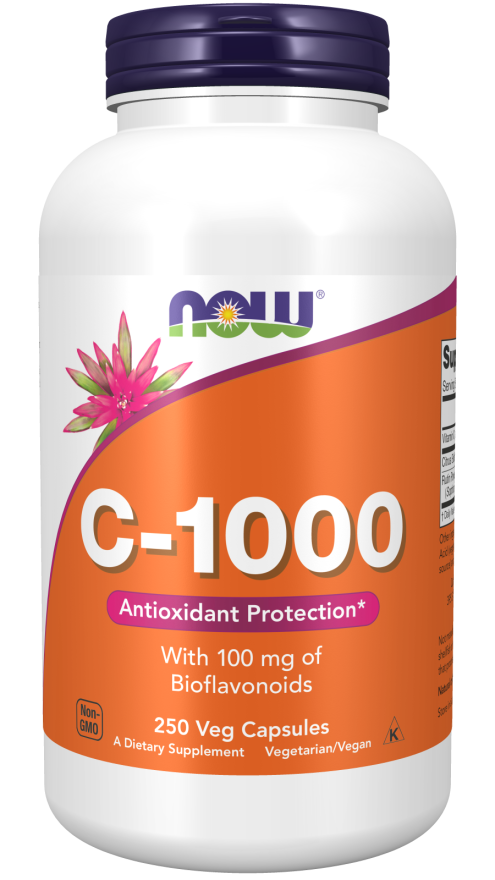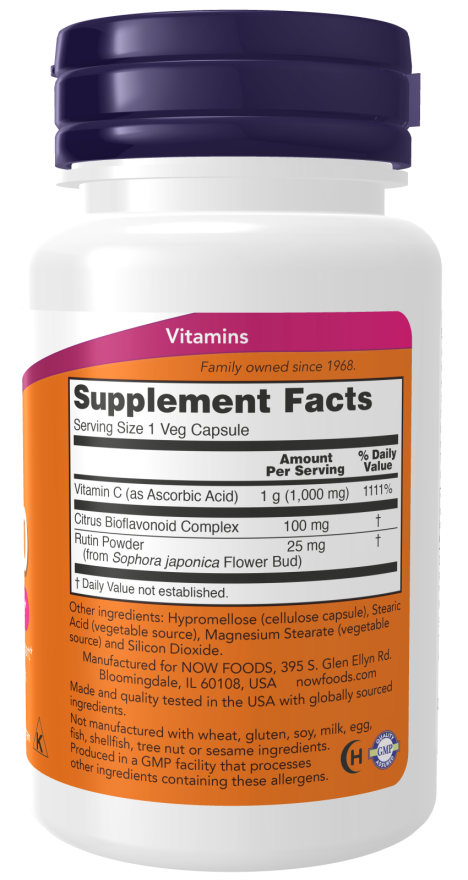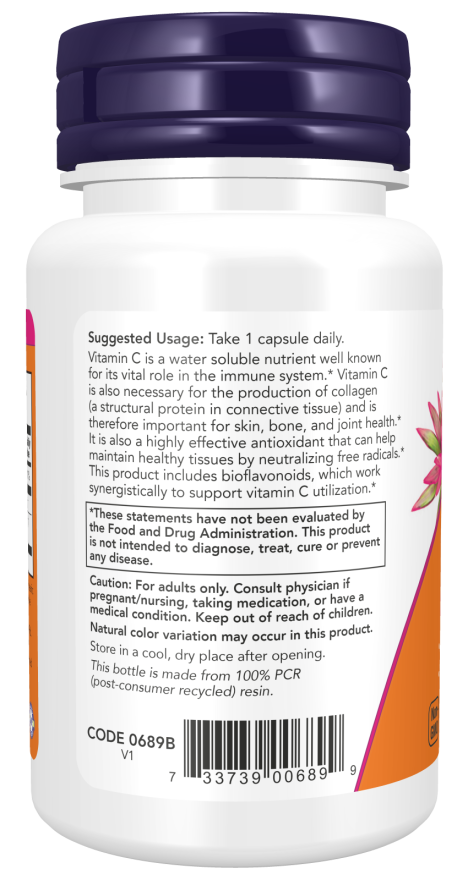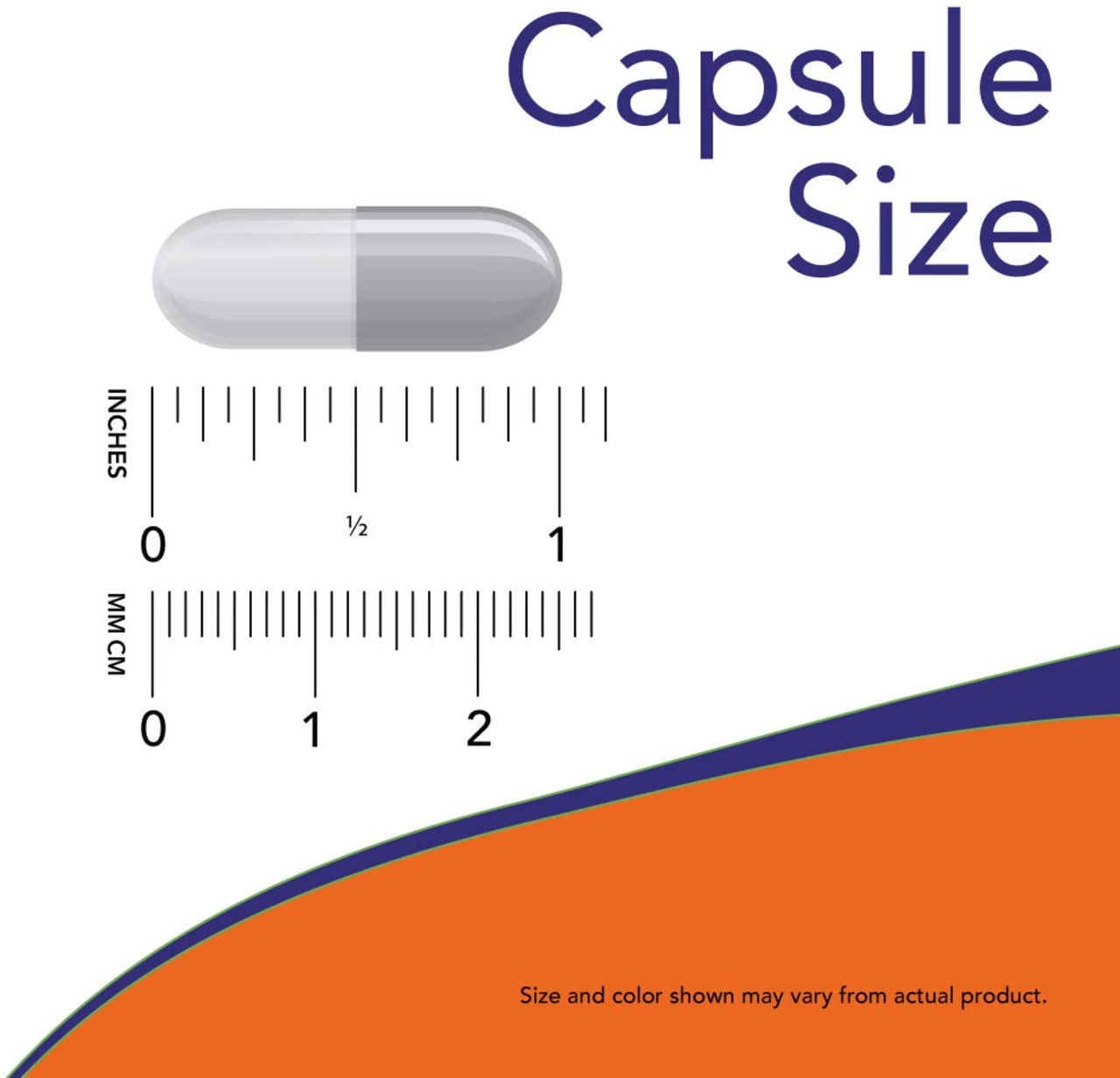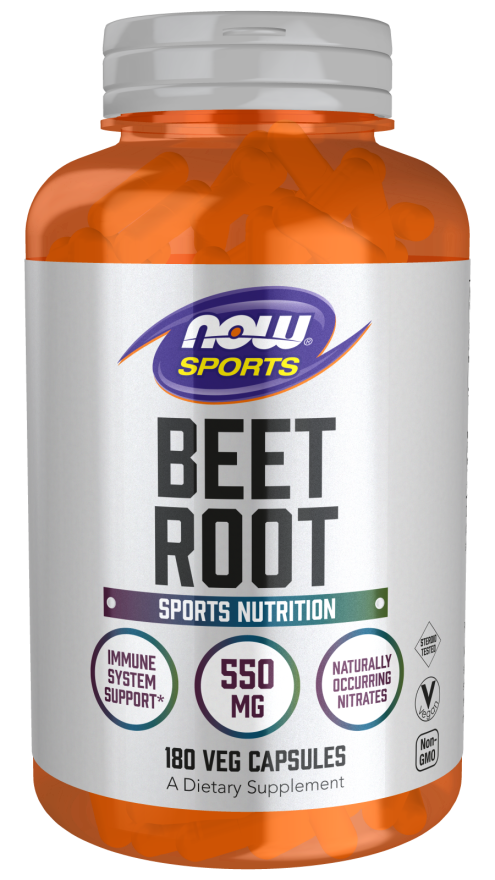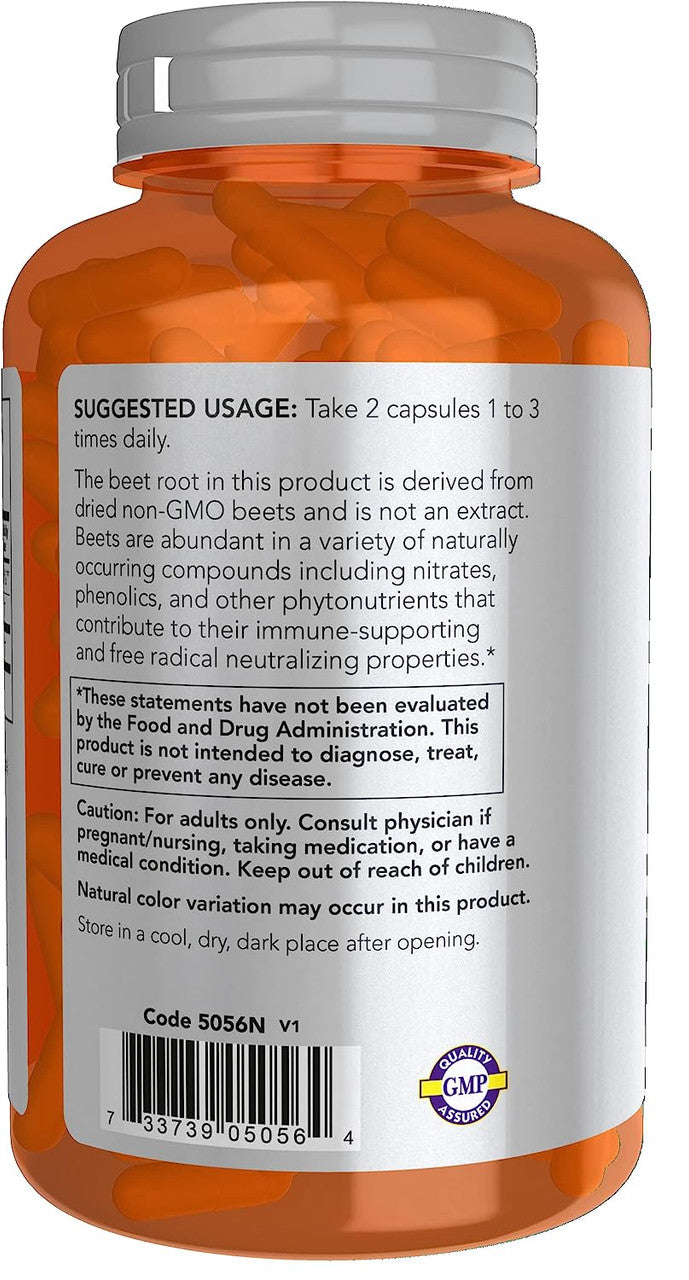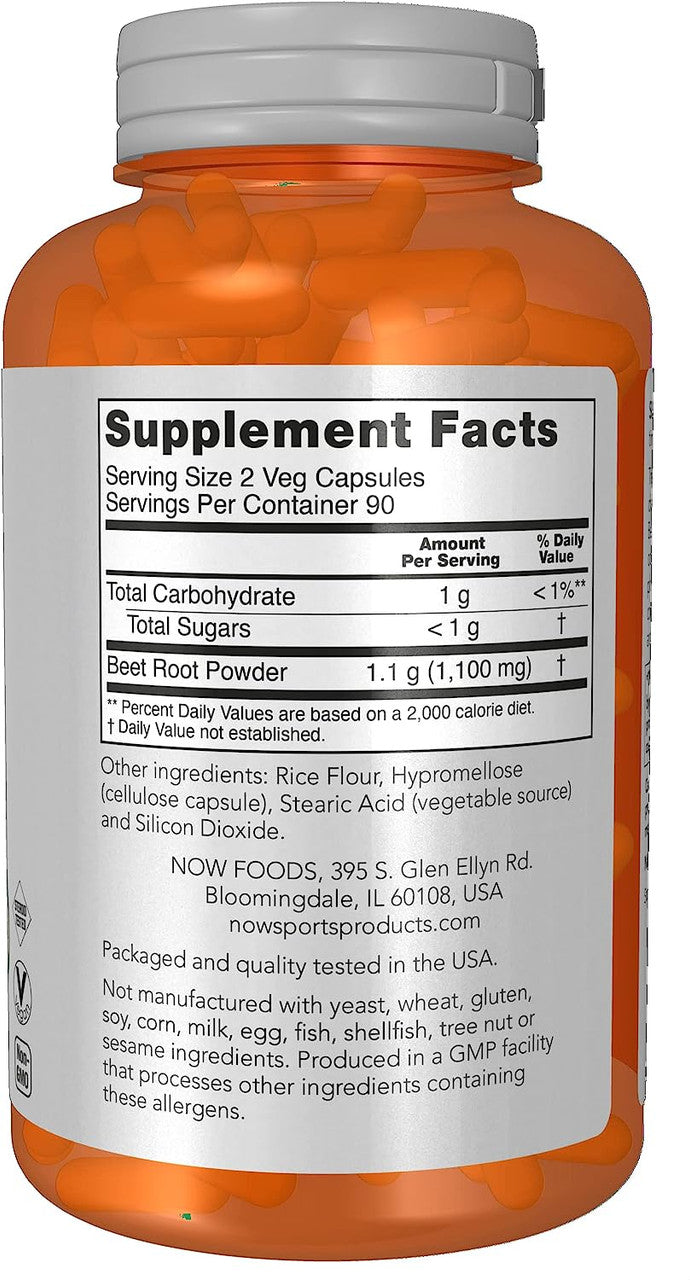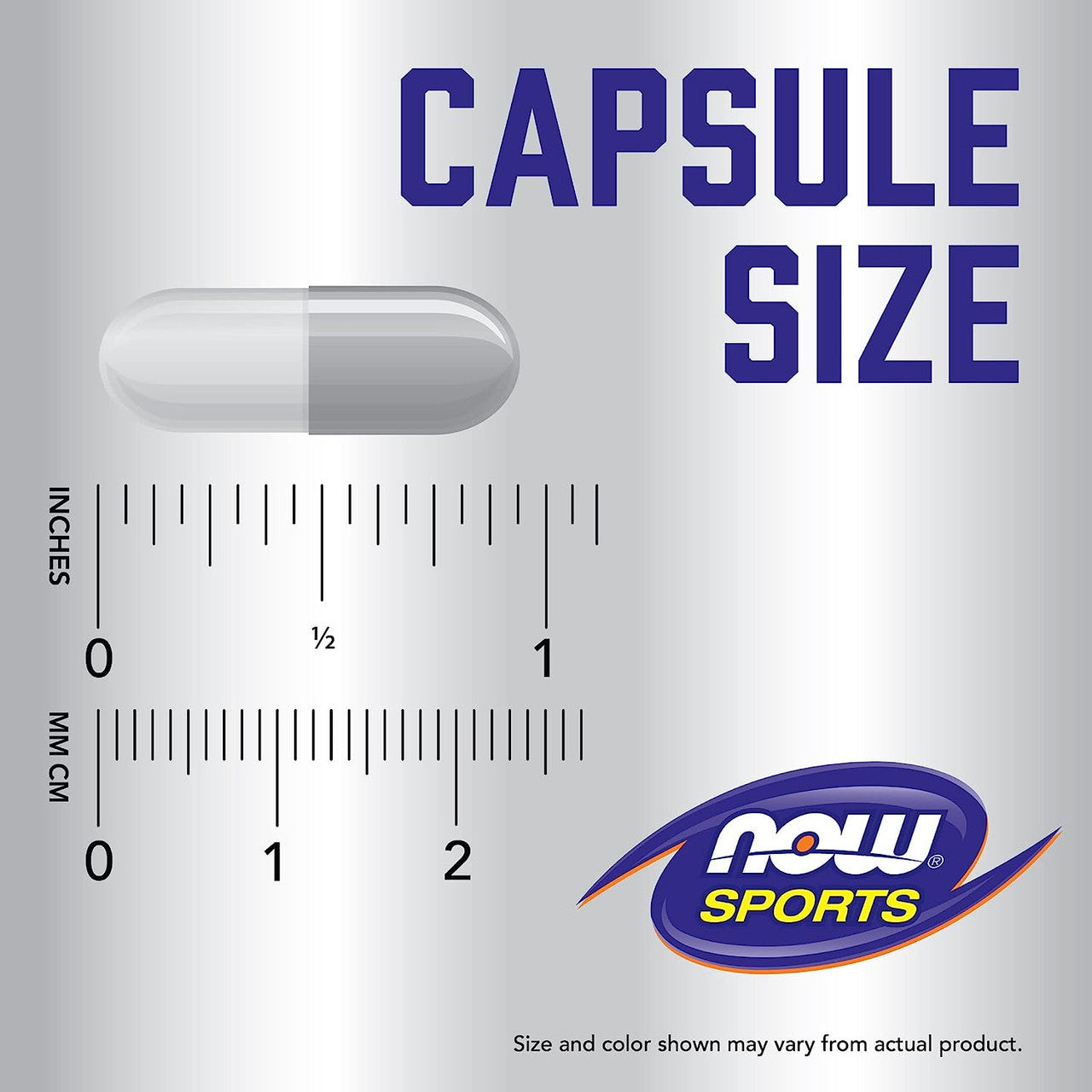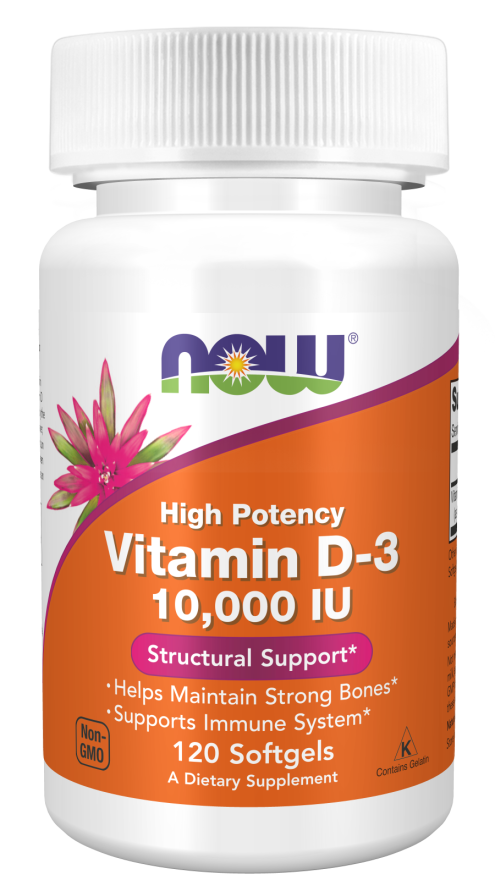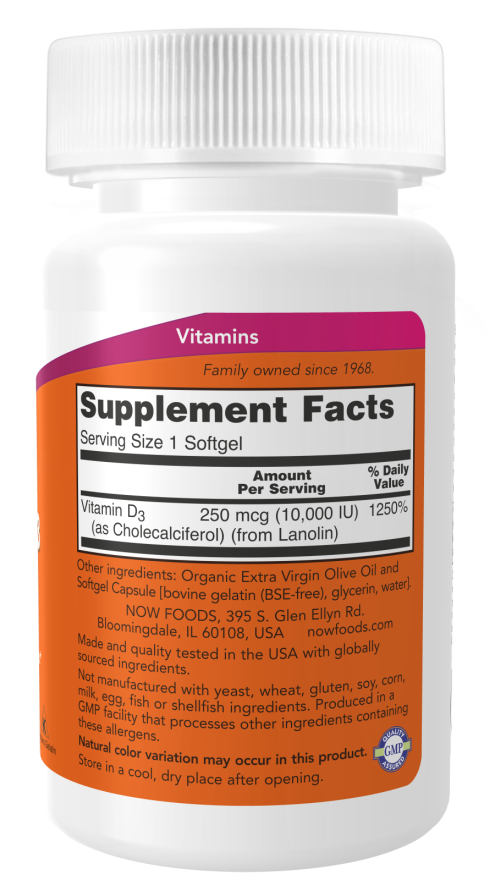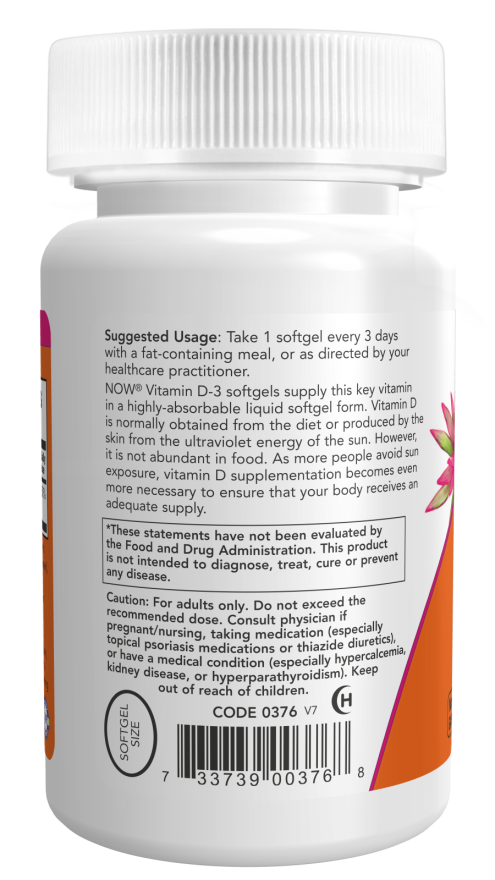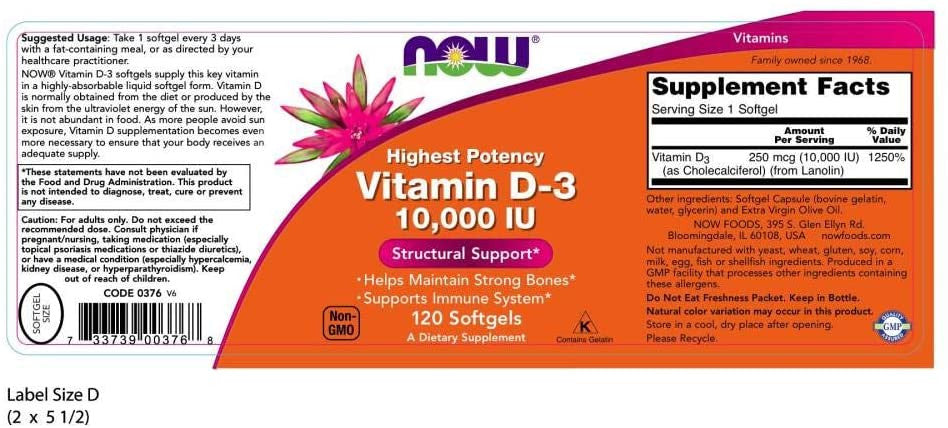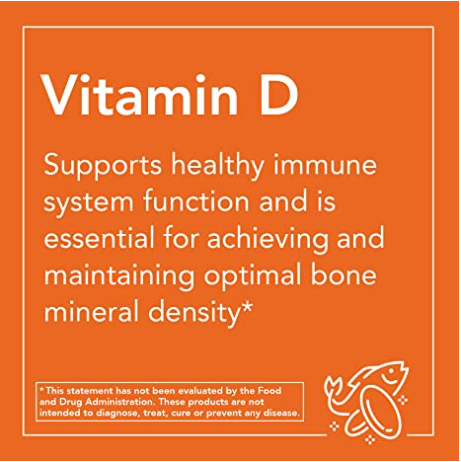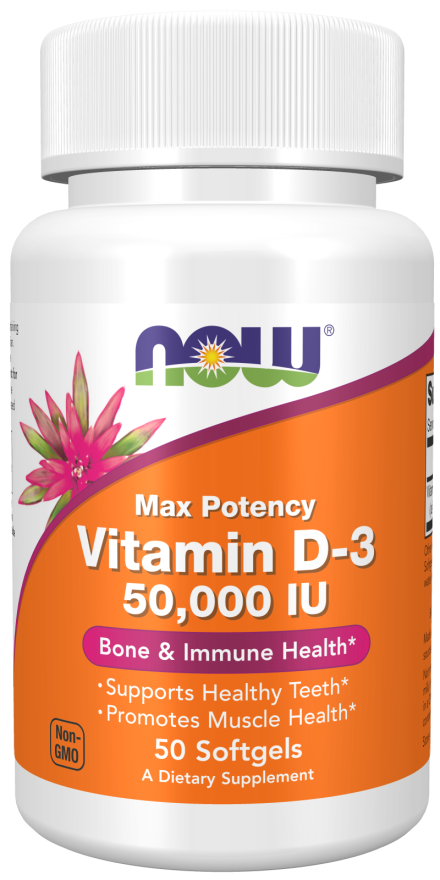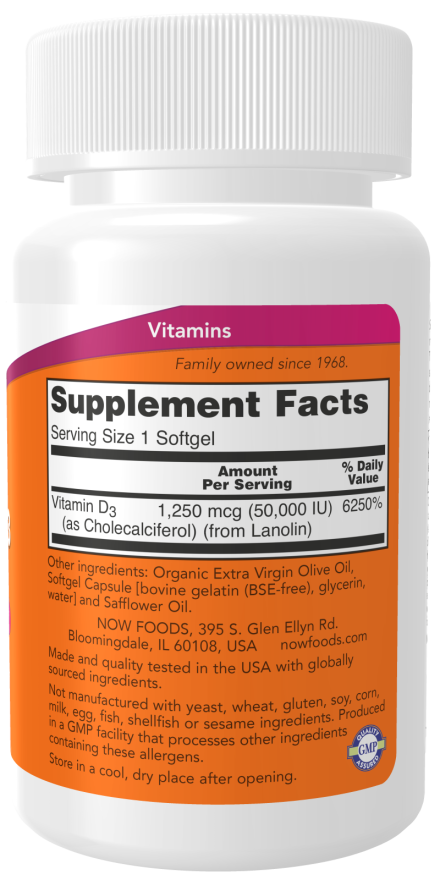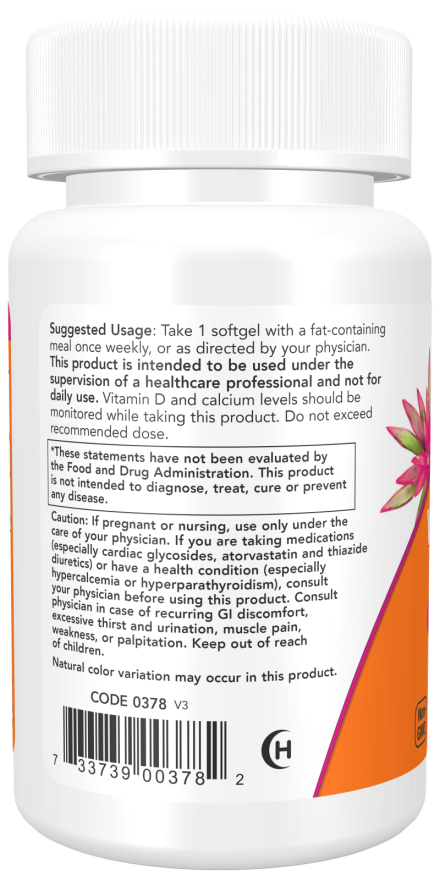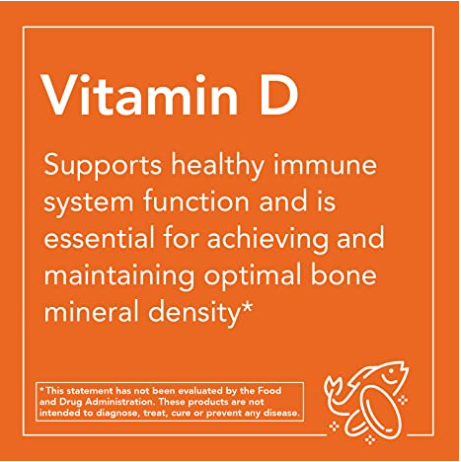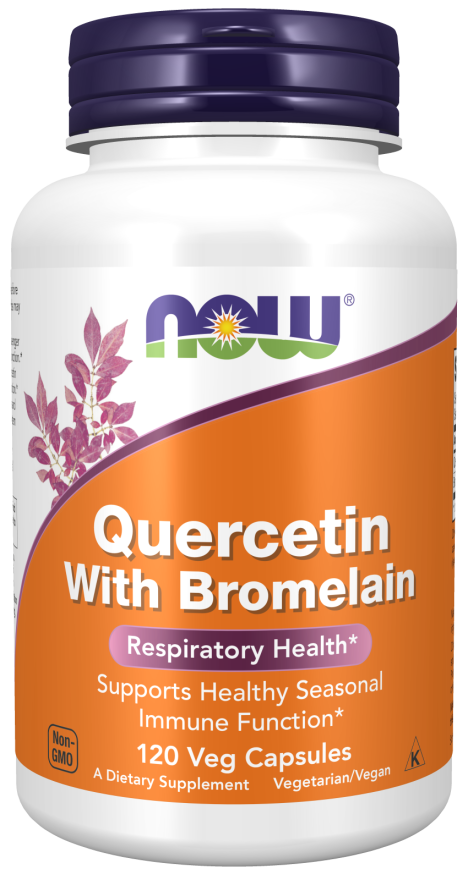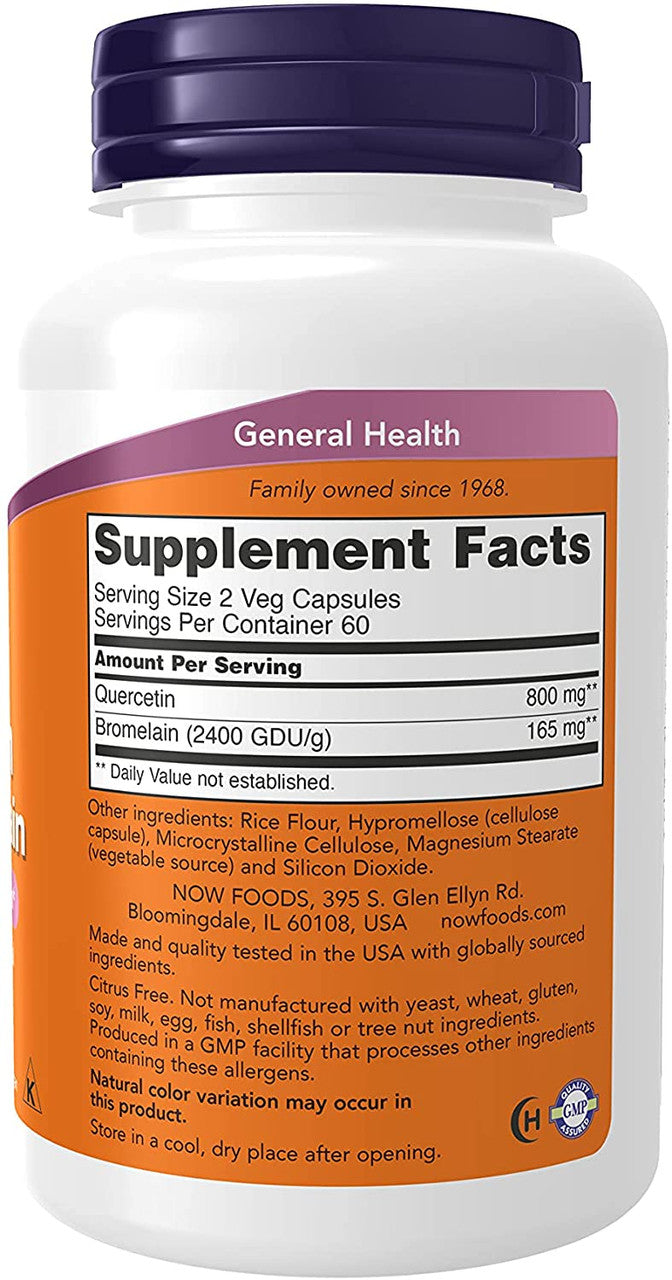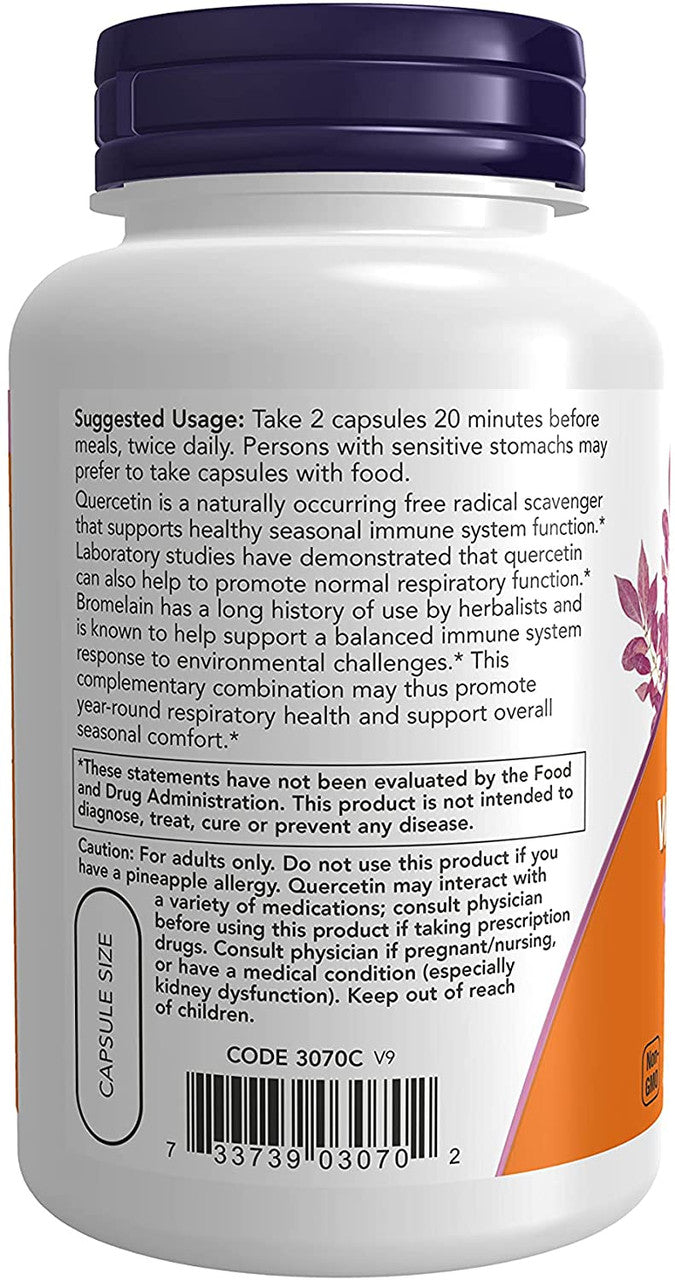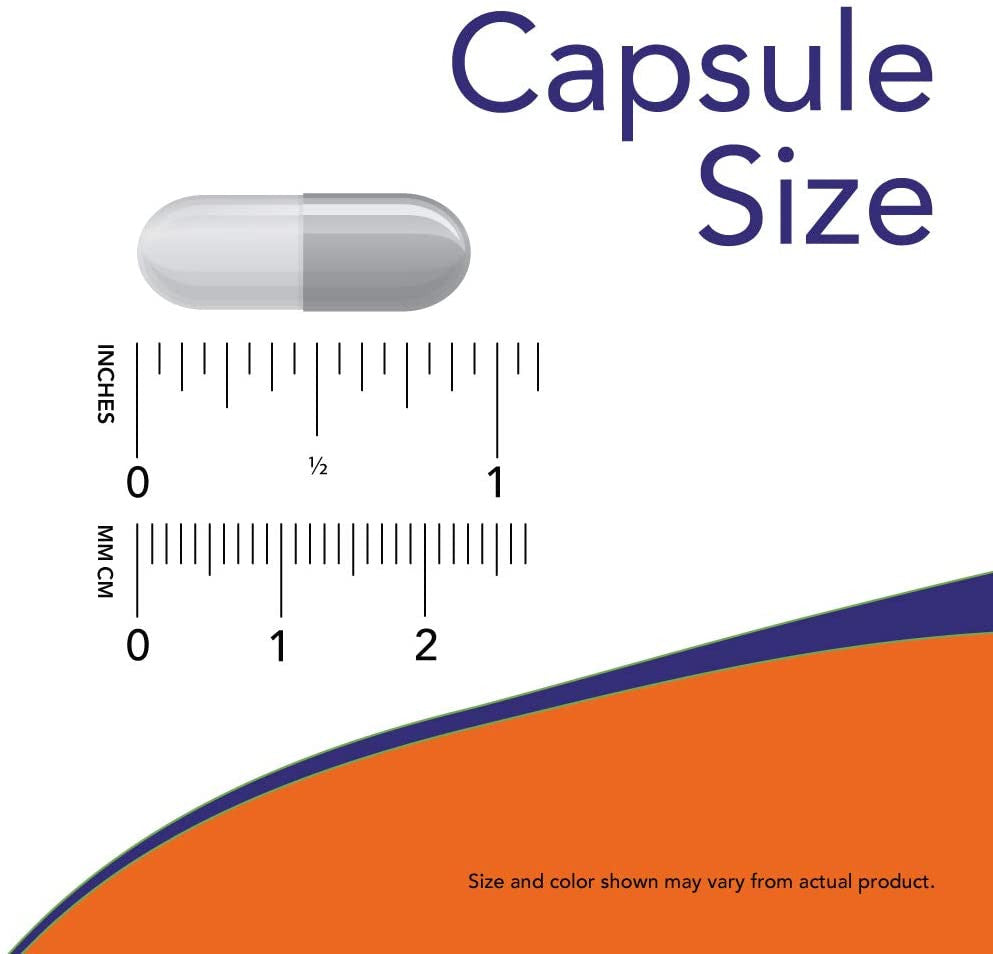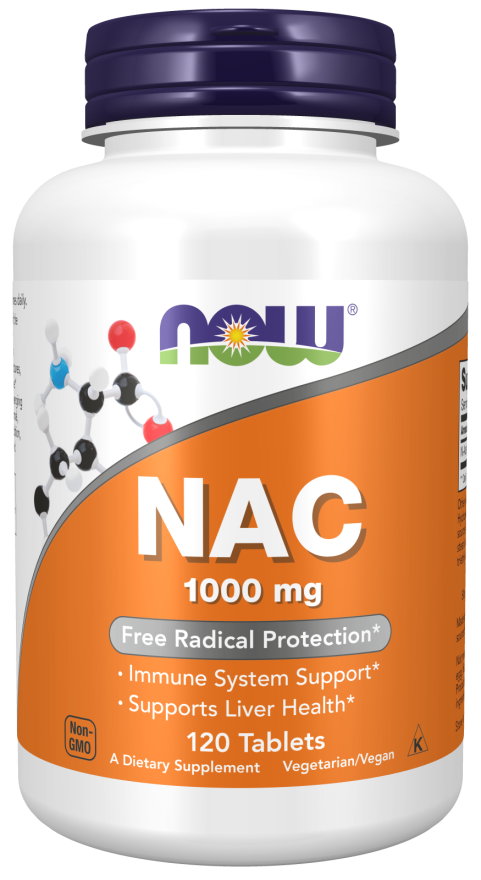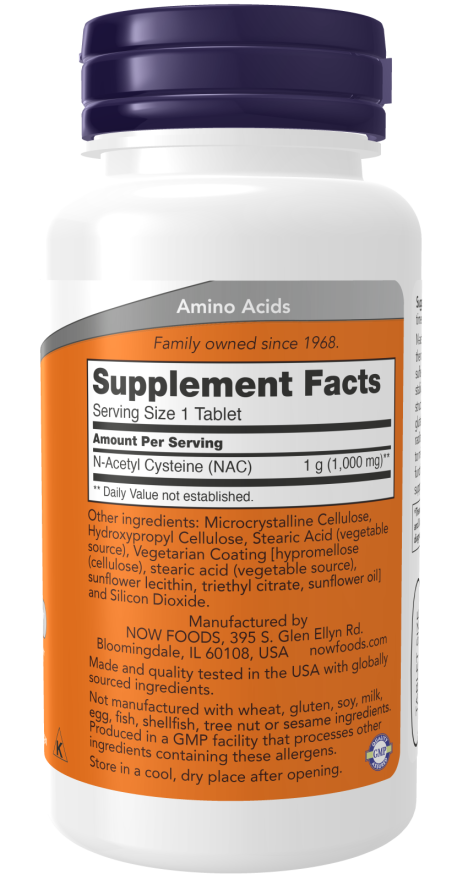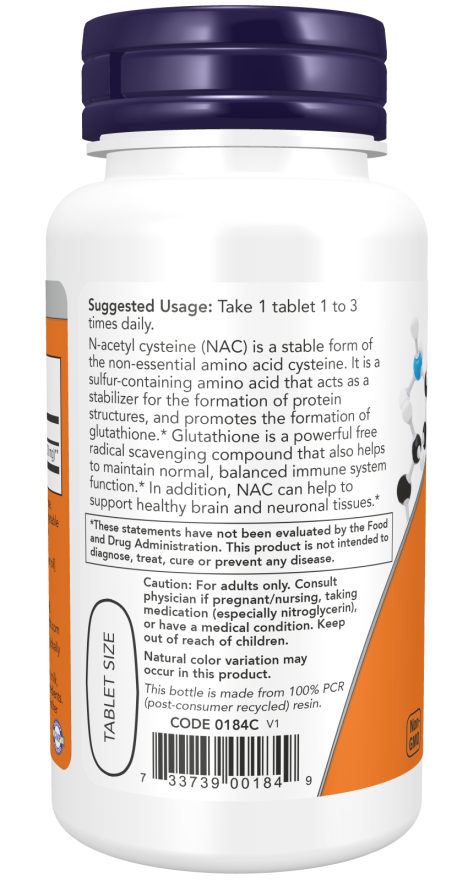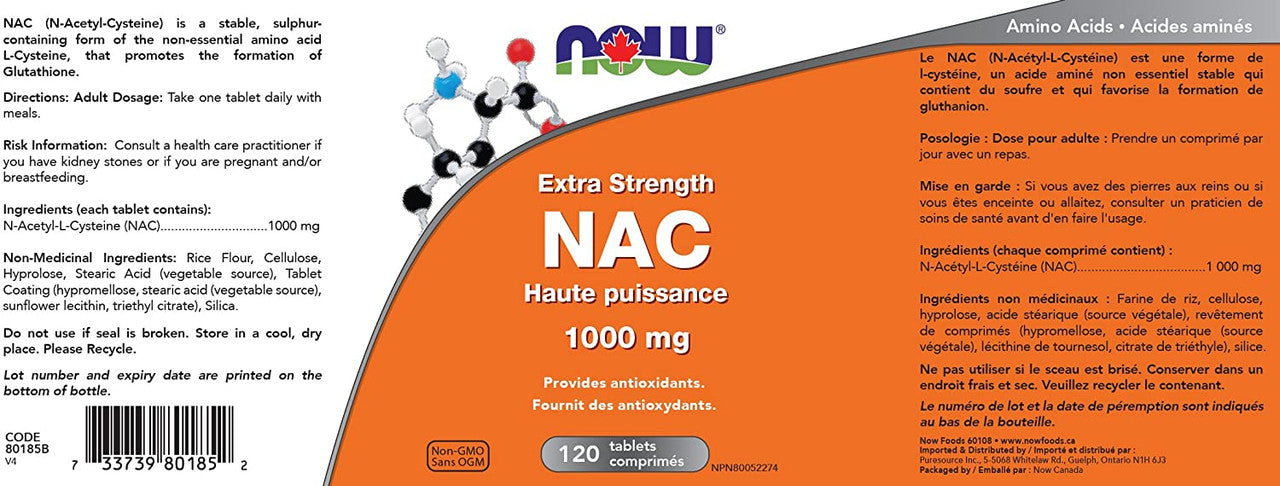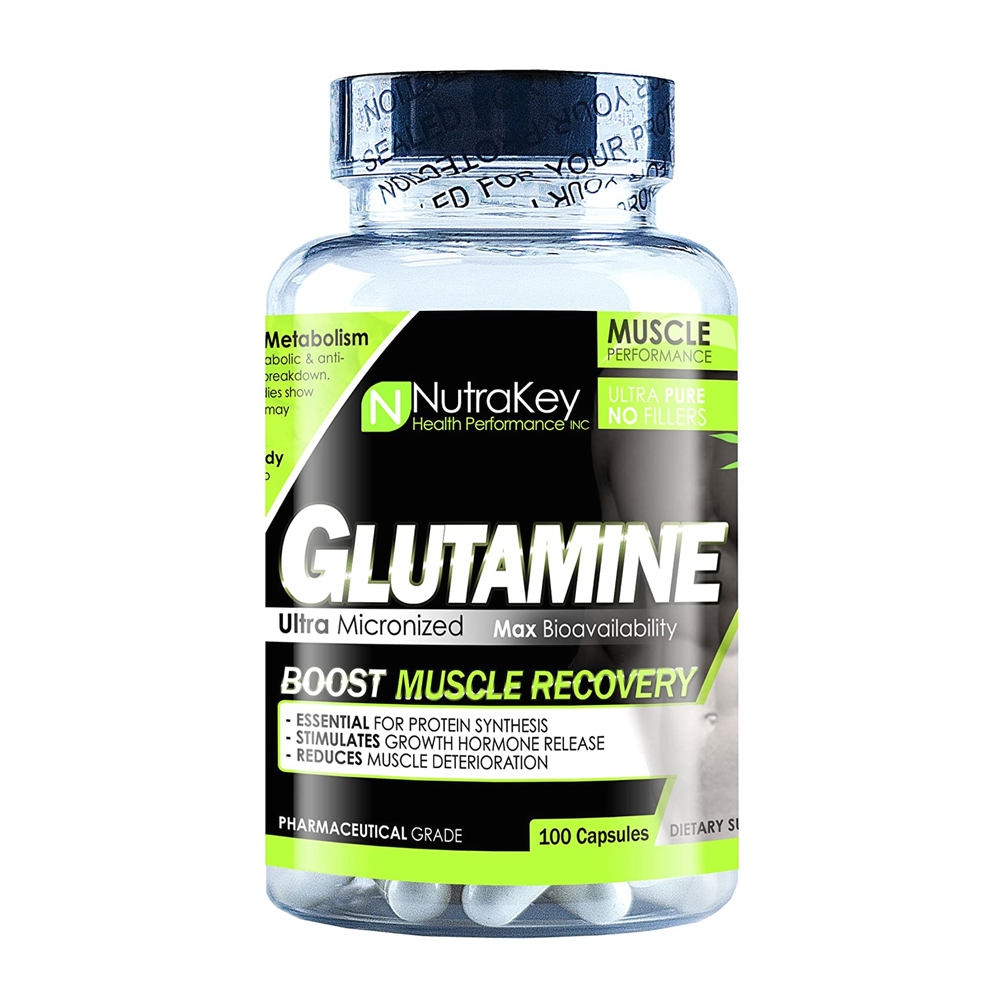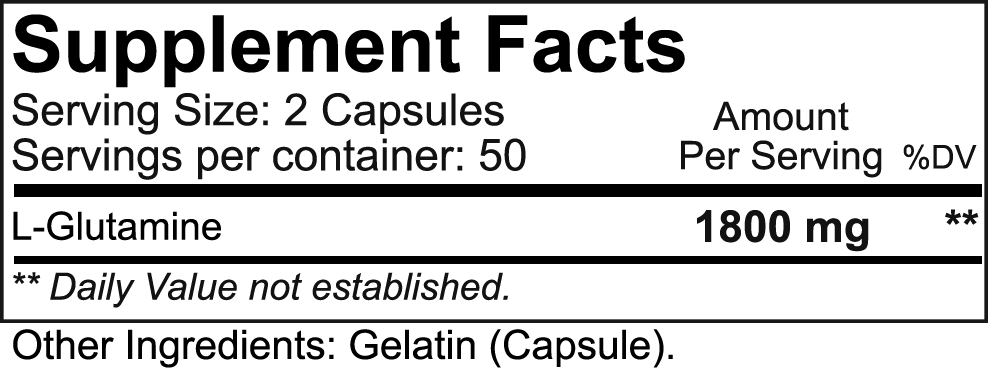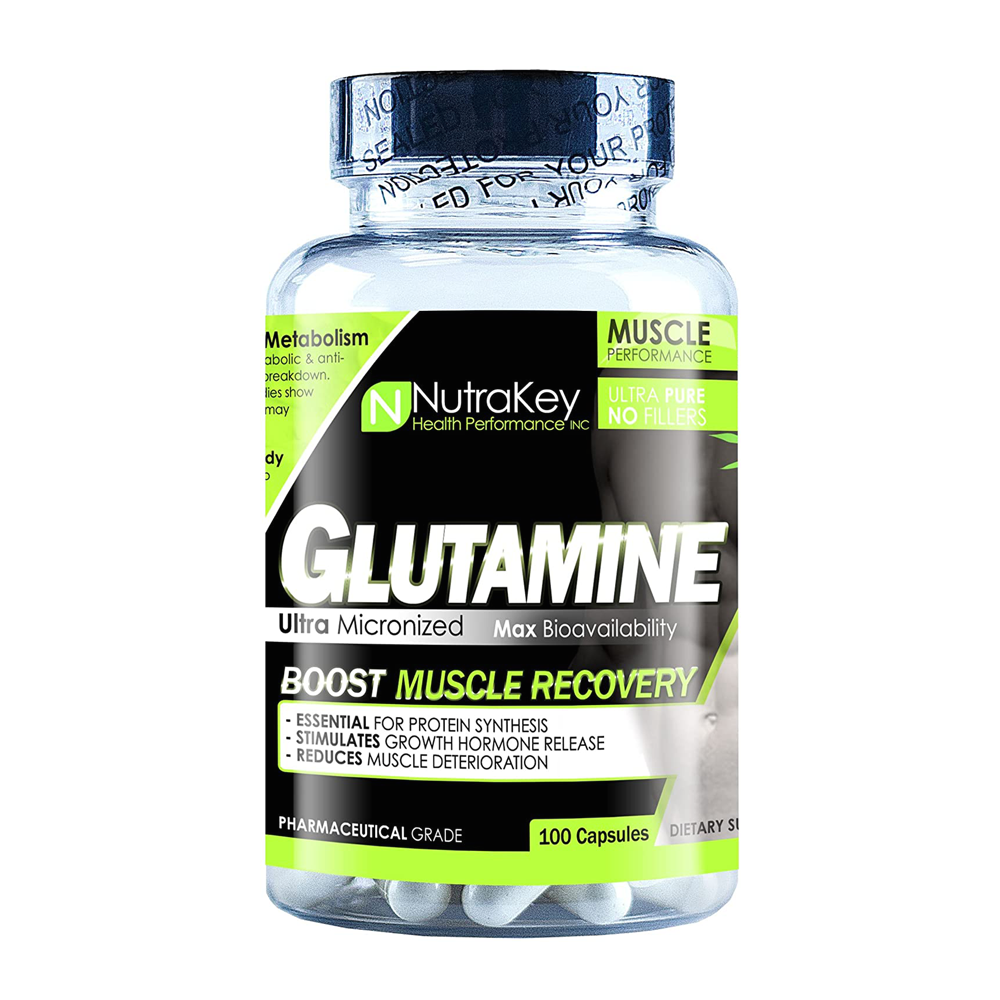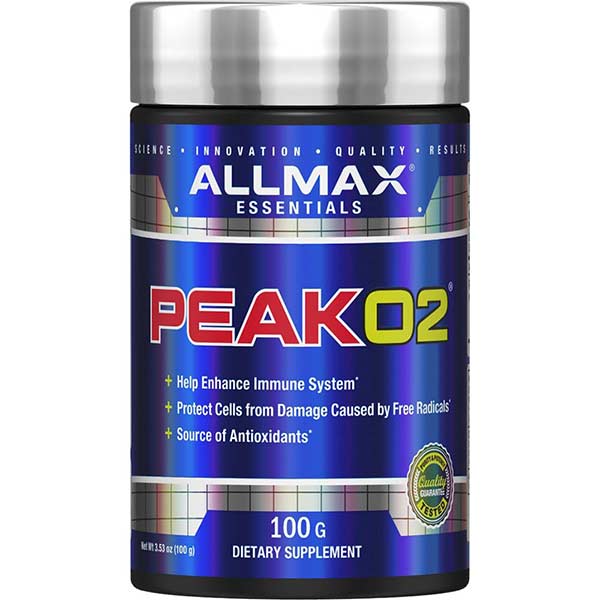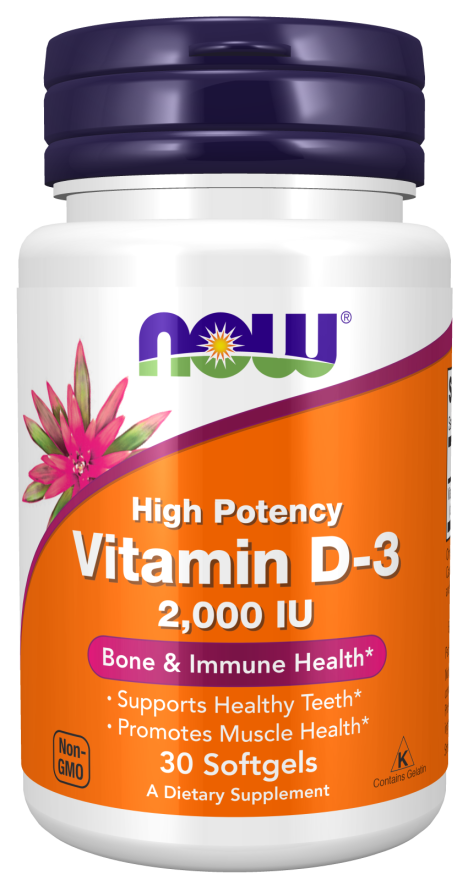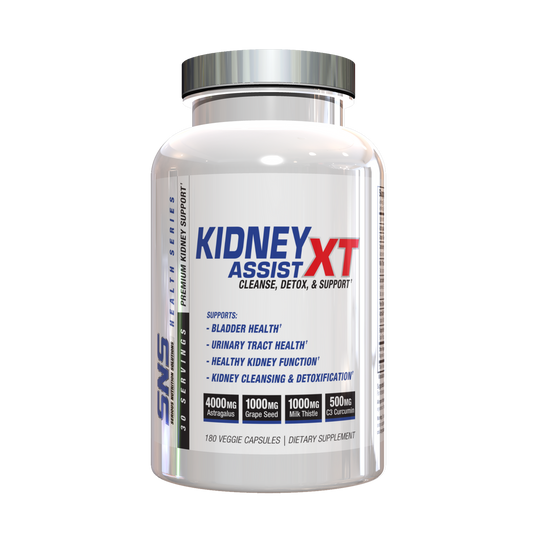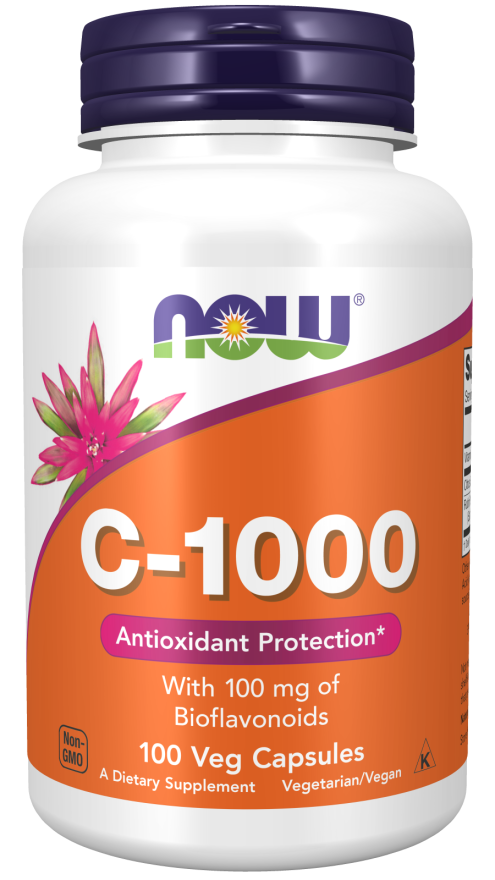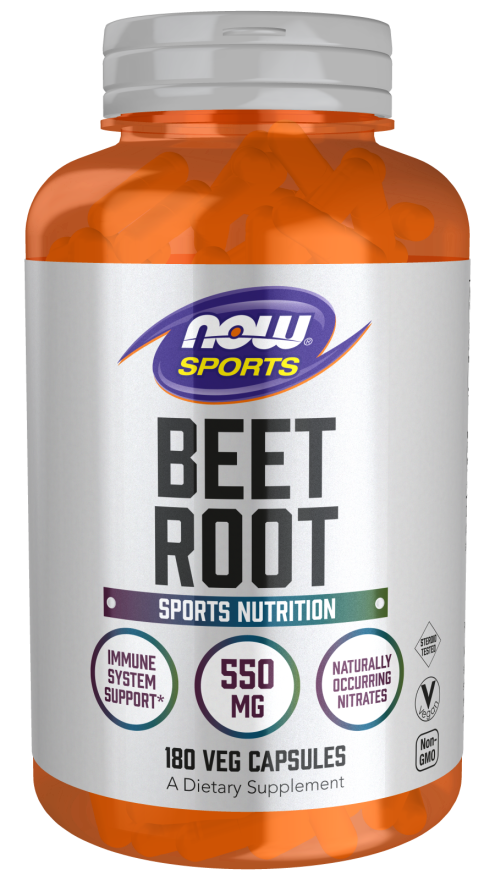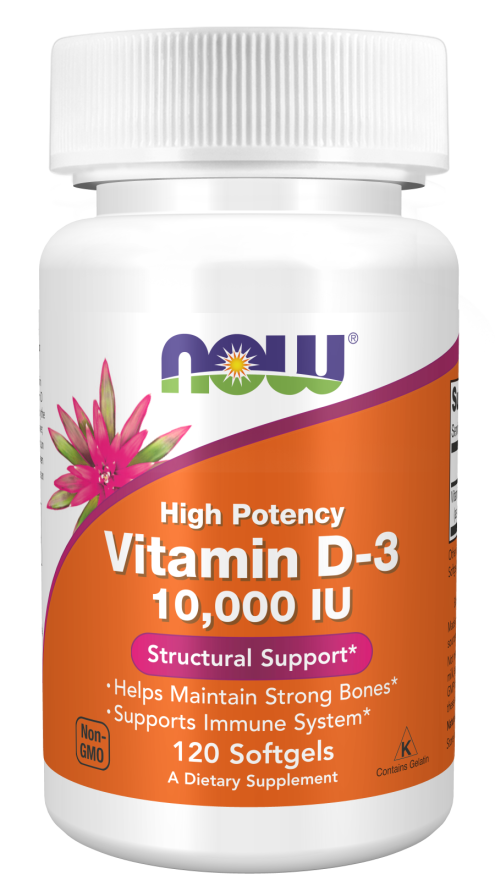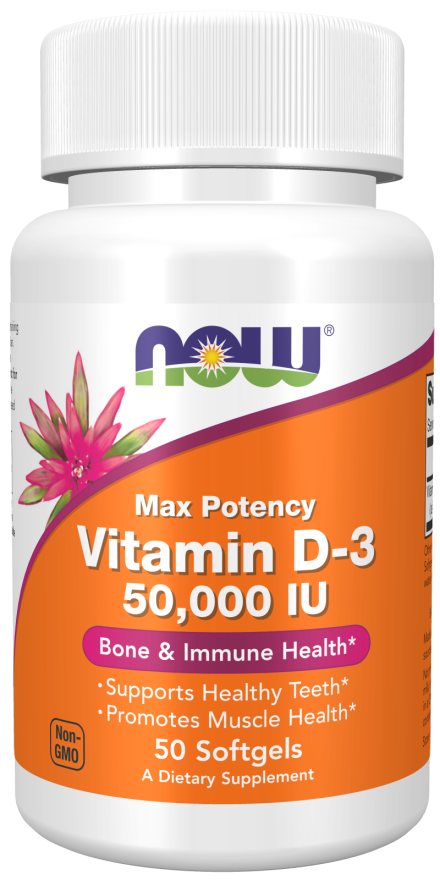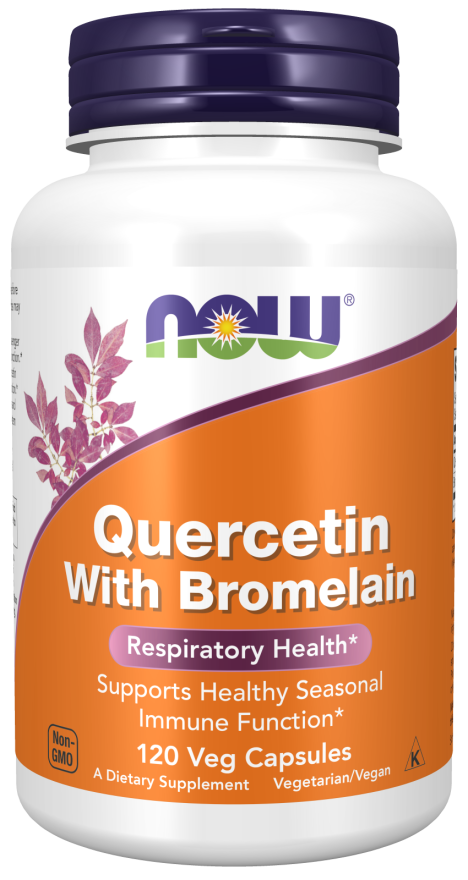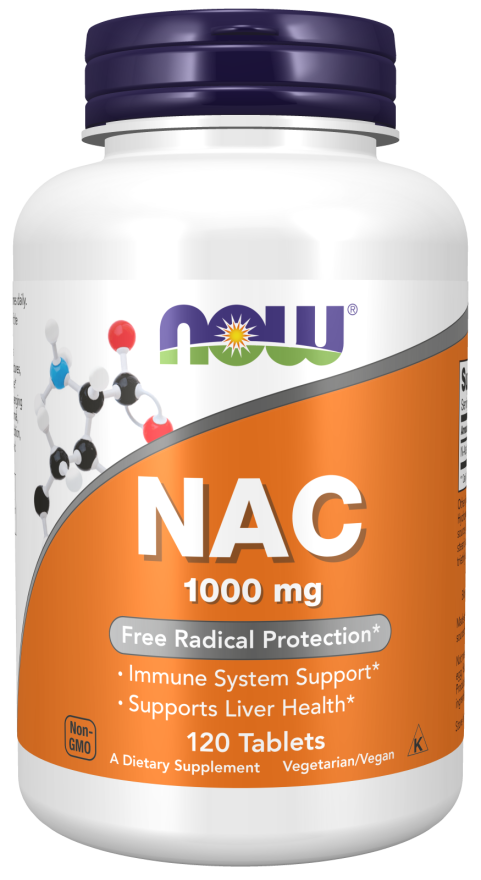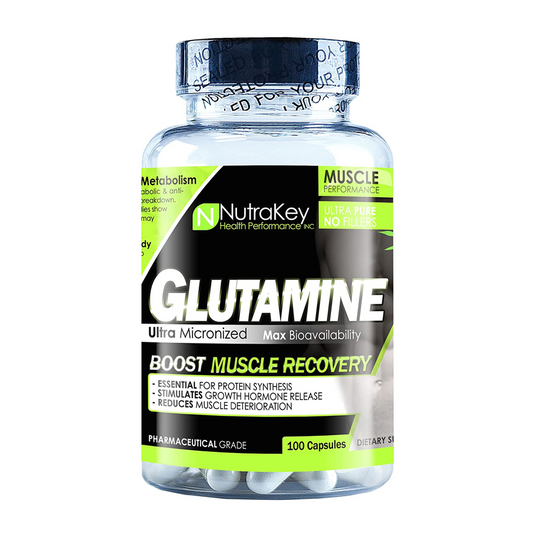A Brief Review
It is important to recall that the immune system is a complex network of intricate biological processes. These processes work together to identify and eliminate disease causing agents such as viruses, bacteria, and abnormal cells. The immune system operates as a constant process of separating native cells from malicious intruders.
This sounds like a tough job, and it is. The immune system is on constant high alert because viruses and bacteria are continuously mutating into never before seen strains. On top of these threats, the immune system must also remove defective cells that may include cancer.
When the immune system finds something it cannot recognize as native it begins the process of eliminating the intruder. Each time the immune system eliminates a foreign body it retains a memory of the encounter. This memory is referenced if the same foreign body is discovered again. This memory allows the immune system to launch a stronger and faster attack on each subsequent encounter.
Suppressed or weak immune systems can lead to frequent illness, infection, and possibly cancer. The immune system is like the police force of the body; therefore, it is very important to keep it functioning at full strength. We are very fortunate to have a massive amount of conclusive research conducted on the immune system. In this article we will cover those findings and discuss how to strengthen the body’s police force.
Vitamin E
Vitamin E is already well known for its antioxidant properties. It is gaining some new recognition as an immune system booster. A study conducted at the USDA Human Nutrition Research Center vitamin E showed some promising benefits to the immune system of elderly people.
A group of 617 elderly patients were observed, and were given a multivitamin with half of the recommended daily allowances of micronutrients. Nearly half of the group was given an additional supplement of vitamin E. These 311 patients who were given the additional vitamin E had a 20 percent lower incidence of upper respiratory infection. An example of an upper respiratory infection would be the common cold.
This study is powerful due to the fact that elderly peopletend to be more susceptible to illness and take longer to recover once an illness is contracted. The daily recommended amount for adult males and females is 15 mg per day.
Vitamin A
Vitamin A is an important ally for strengthening the immune system. It helps mucous membranes, such as the ones found in the nose and lungs, resist microorganisms. Viruses and bacteria love to enter our bodies through mucous membranes such as our eyes, nose, and mouth. If you are getting enough of this vitamin in your diet, that’s great. If you are not, vitamin A supplementation is recommended.
Vitamin A is specifically noted to be beneficial for people suffering fromdiarrhea, measles, and malnutrition. This vitamin is most effective when combined with other vitamins such as vitamin C, and vitamin E. The recommended daily intake of vitamin A for men is 900 micrograms; women require only 700 micrograms daily. Pregnant and nursing women need to be cautious because consuming more than 2 times the daily recommended amount of vitamin A has been linked to birth defects.
Vitamin C
Vitamin C aids the immune system because it aids in the elevated production of interferons (anti-viral proteins produced by a cell with a viral infection). Vitamin C also plays a direct role in the activity of certain immune cells. Vitamin C’s affects are amplified when combined with other vitamins such as vitamin A, and vitamin E.
Several studies have been performed in which vitamin C is administered after the onset of a cold. The results concluded that vitamin C intake shortened the duration of the cold. This is just one benefit of vitamin C. Just to name a few others, vitamin C is important for the synthesis of collagen, removal of heavy metals, synthesis of neurotransmitters, and reduction of free radicals. It is important to note that vitamin C plays an important role in almost every process of our body. The recommended daily amount for an adult male is 90 mg per day; women require 75 mg per day.
It is very interesting to note that due to a genetic defect humans can't synthesize vitamin C as we once did. We are now forced to get our entire supply from diet. The tolerable upper intake level for male and female adults is 2,000 mg per day.
Zinc
According to an article in the European Journal of Clinical Nutrition titled Zinc and immune function. “Zinc is an essential factor for the activity of many enzymes—-it is known to form part of more than 300 metalloenzymes which cannot function in its absence”. Zinc is essential for the production of thymulin. Thymulin is a hormone that plays a very important role in immune system function.
Zinc is an important trace mineraland it must be acquired by the diet. It is important in cellular metabolism as well as enzyme production. Many studies have been conducted on zinc and its vital role in immune system function. Recommended daily intake for men is 11 mg and women is 9 mg per day.
Probiotics
The variety of foods that we have available to us is absolutely amazing. We can eat olives from the Middle East, bananas from South America, or crab meat from the deep seas around Alaska. It would be interesting to know exactly how sanitary this food is. It is our stomach and our intestines that have to deal with this question.
The stomach is basically the first line of defense, but it is only the tip of the iceberg. Our intestines are about 25 feet in length, and all of the food we eat must pass through them. Nearly 70 percent of our immune system goes to work here to separate the good from the bad.
It is very important to have the proper amount of good bacteria lining this 25 foot track. Good bacteria can act as a buffer and a barrier to harmful viruses, bacteria, and fungi. The good bacteria put on a defense of their own against unwanted viruses, bacteria, and fungi. Good bacteria outcompete bad bacteria for resources. This eliminates or slows the growth of bad bacteria. The right bacterium in the intestines is beneficial for the proper absorption of some vitamins and the breakdown of some complex sugars. These good bacteria can be wiped out due to stress, antibiotics, and pesticides so it is important to replenish them.
Proper Sleep
Sleep is something that we all do, but are we getting enough? There have been many studies that concentrate on this subject and they all point to the same conclusion. Sleep depravation leads to a variety of health problems including decreased immune system functioning. In a study performed with rats, one group was deprived of sleep for 24 hours while the control group was allowed to doze at will. The rats that were sleep deprived had 20 percent fewer white blood cells. This is a dramatic decrease in immune system functionality for such a short period of time.
Getting the proper amount of sleep largely depends on the individual. Some people are fine with as little as 5 hours of sleep while others need 10. You are meeting your own personal sleep requirements when you wake up feeling rested and you are not tired during the day. It is important to note that sleep can be difficult due to stress, insomnia, illness, pain, and stimulants such as caffeine.
Unfortunately we can never choose which illness we will get, or how long we will be sick. It is important to keep your immune system finely tuned. Preventing the original onset of sickness is much more valuable than treatment after the virus or bacteria has taken hold. Having a strong immune system will keep you one step ahead of those pesky viruses and bacteria. Just remember to take your vitamins, get your daily intake of Zinc, trust your gut with probiotics, and get some rest.
Bolster your immune system and increase your overall health and wellness with supplements from A1Supplements.com and enjoy the largest selection, lowest prices and fast shipping... everyday!
These statements have not been evaluated by the Food and Drug Administration. This product is not intended to diagnose, treat, cure, or prevent any disease.
